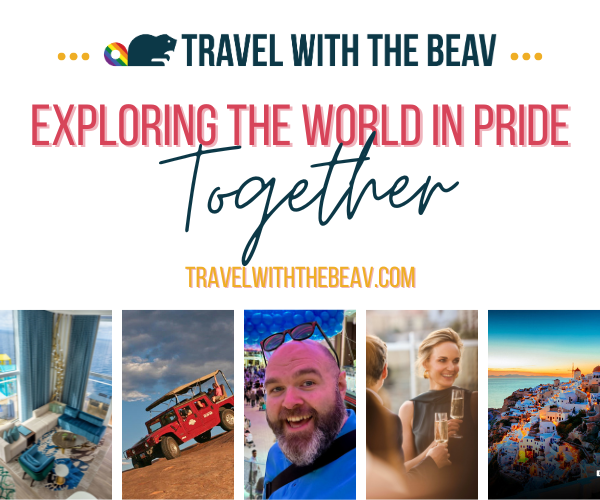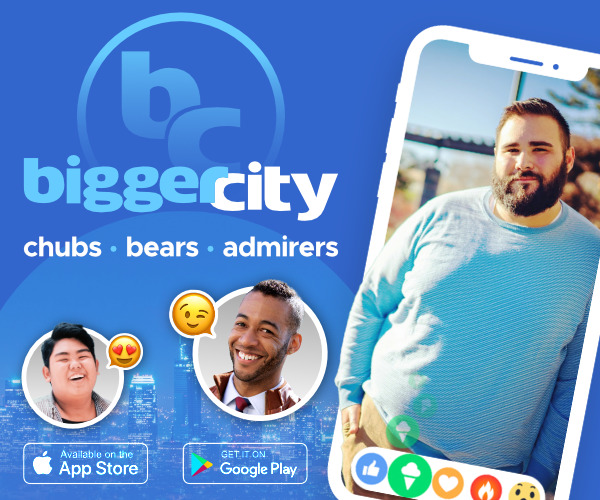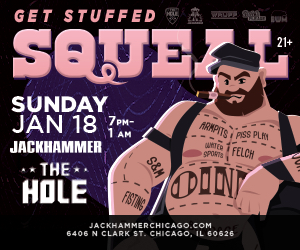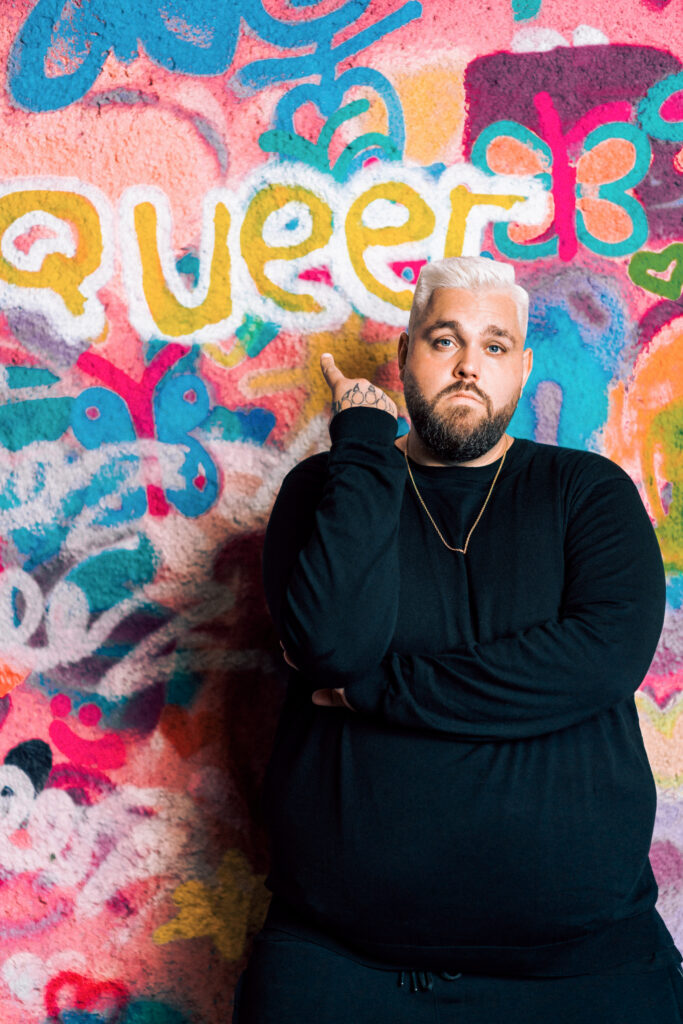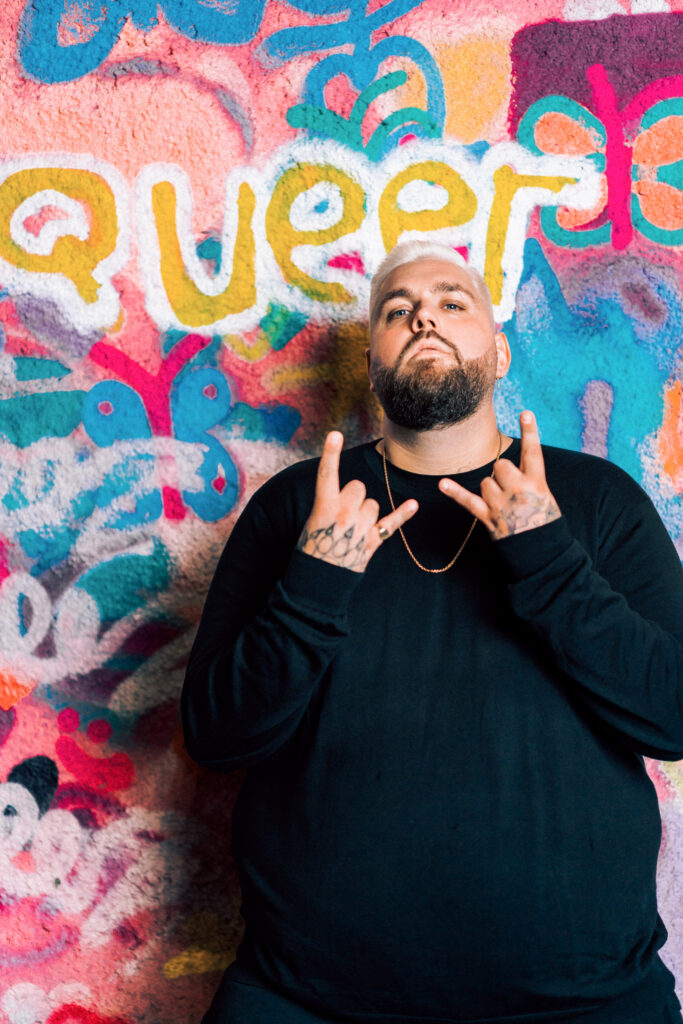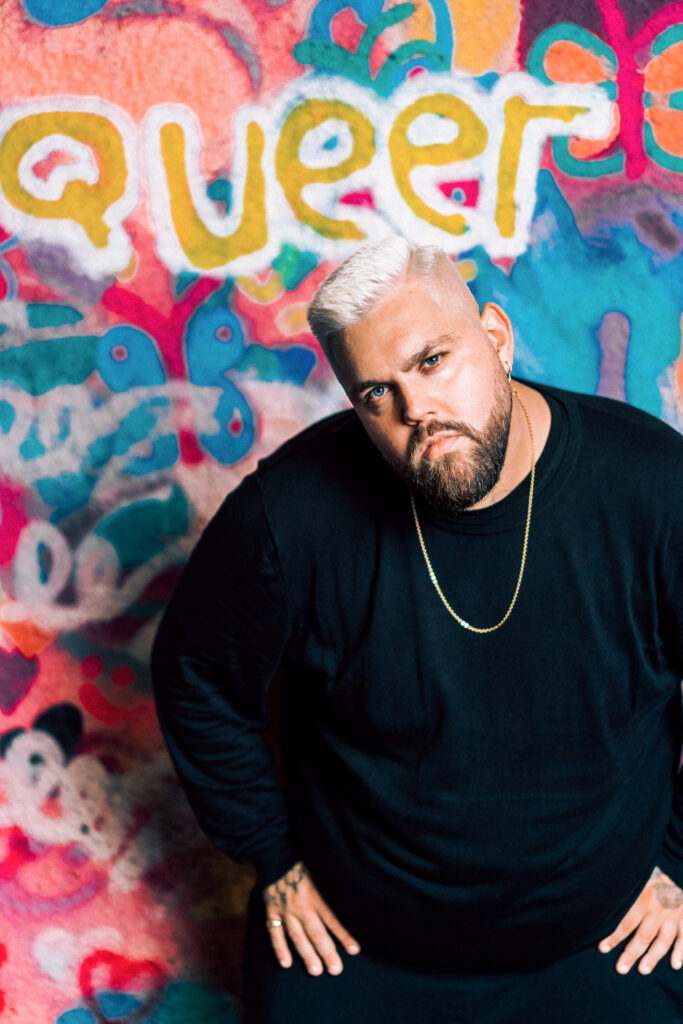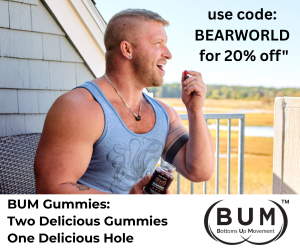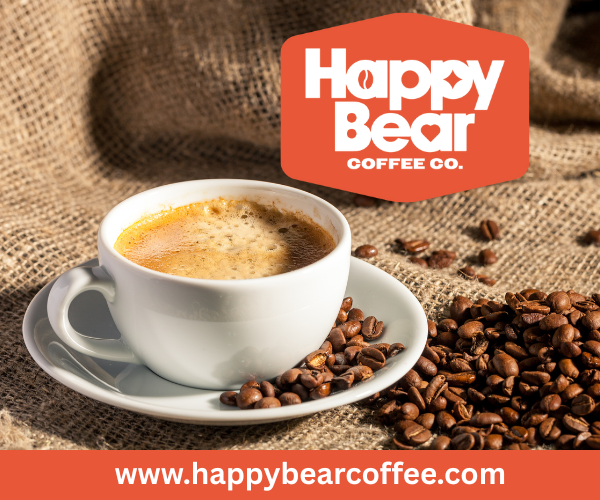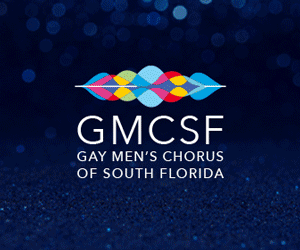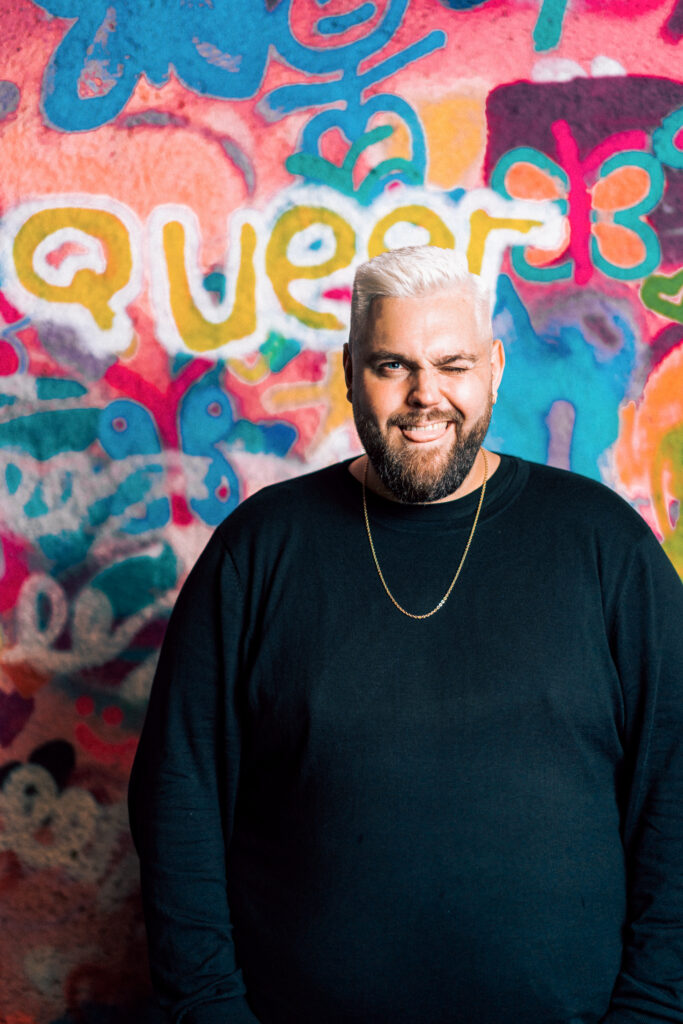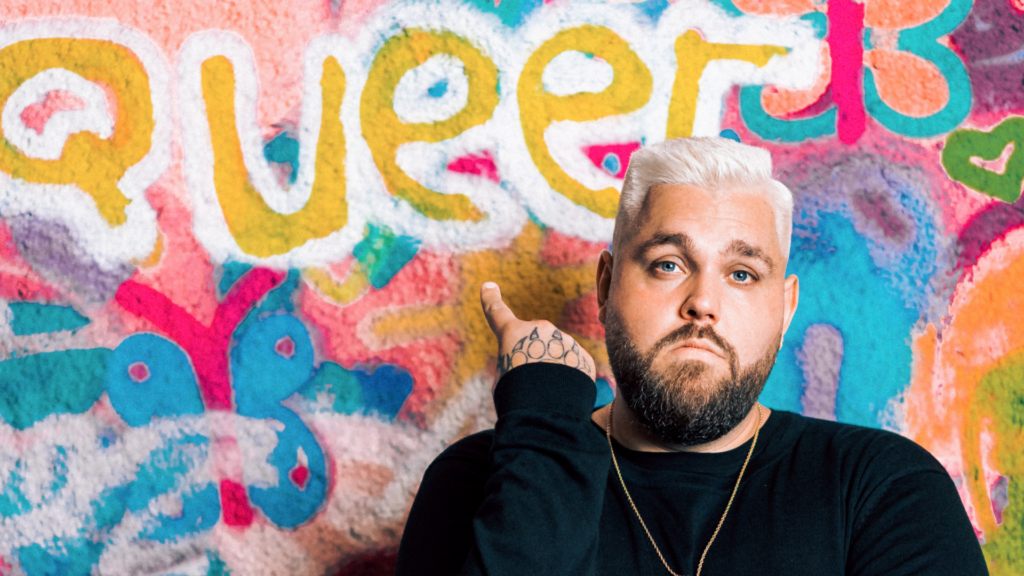
Queer rapper Big Daddy Karsten discusses coming out in the hip hop industry
For many queer people, coming out of the closet is one of the most frightening and difficult experiences of our lives. Some of us are lucky enough to have families and friends who support us during this difficult time, while many of us aren’t so lucky.
For queer artists, coming out in the entertainment industry can almost seem even more challenging. As a public figure, coming out means you risk losing fans, opportunities and money — your entire career can go up in smoke just for living your truth.
And being a queer artist in the hip hop community can seem next to impossible, especially for queer men. Hip hop is one of the most influential forms of music in the world. But for as long as many of us can remember, the hip hop community, as with other communities that promote hypermasculinity, is also not always a welcoming place for queerness.
However, things seem to be changing. Lil’ Nas X, for example, has been an inspiration for many in the hip hop community recently, after coming out and being unabashedly queer in his music. And it doesn’t seem to be destroying his career — his album “Montero” has been at the top of the charts for weeks, and he has carved his place in history as arguably one of the most influential mainstream queer hip hop artists ever.
But what about all the other great hip hop artists who fearlessly live their truth while also navigating a tough industry?
For National Coming Out Day, I recently spoke to my friend, Norwegian hip hop legend Big Daddy Karsten about his experiences with coming out in the hip hop industry, and how that has shaped who he is as an artist today.
Kyle Jackson: Can you give us a little background on how and when you decided to come out of the closet?
Big Daddy Karsten: Well, the way that it all happened was not quite what I expected.
I always knew I was attracted to guys. I knew since I was a kid and got on the bus and the bus driver, who was a big Daddy Bear, made me hard. (laughs) When that happened, I basically told myself that I would put it in the back of my mind and not really acknowledge it or think about it. I made myself ok with being with girls, even though I didn’t really want to be.
When I first came out of the closet, I came out as “bisexual.” When I told my mom, she actually didn’t take it well. I was a little surprised, because my mom was an opera singer, and she had friends who were gay and transgender, so I didn’t think she would have that much of an issue with it.
But I think her problems with it stemmed from the fact that she just wanted to protect me. She saw how much I went through in my life being bullied, and then turning into a bully in order to protect myself. She knew about all the trouble I had been through with being out on the streets and dealing with drugs, and the fact that I didn’t really have a great relationship with my dad. And she just didn’t want me to have to go through yet another hardship.
But what really sort of jump-started my coming out was when I told someone who was a friend of mine at the time. I confided in this person about sexuality, and he told me that nothing would change and we were still friends — he still looked at me the same way and nothing had to change. I think it was because we were both drunk and in our feelings at the time when he said it (laughs).
But after all of that, I found out later that he had been talking about me to other people, saying horrible things — calling me a a “nasty faggot” and all sorts of things. And then, the word started to get around quickly and I traced it all back to him.
I cut him out of my life, and it made me aware that I needed to take control of my own coming out. I didn’t want people wondering and speculating. I wanted to tell people on my own. I wanted it to come from me. I felt like I would get a lot more respect for saying it myself than allowing someone to out me. I didn’t want to be “exposed”. I wanted to own it.
After that I told my label and people that I work with. This was summer of 2016, and in November I came out in a comment on one of my Facebook posts. After some days, I realized I started losing lots of friends – people were unfollowing me. I then wrote another post that basically said, “I’m gay, and if you don’t like it fuck off.”
That post blew up, and before I knew it I was on TV and on the radio as the “openly gay rapper” in Norway. At the time, I had only been out for like a few weeks, so this was all still very new to me.
KJ: Do you think being in the hip hop industry made it harder for you to come out?
BDK: It absolutely made it harder. We all know how the hip hop business can be — it’s very homophobic and hypermasculine. I was a little lucky that when I did come out, I didn’t really lose any friends. I only lost that one friend.
The hip hop community has a history of being homophobic, misogynistic and transphobic, but it’s getting better because other gay rappers are coming out. When I came out in 2016, my label and I were looking for other gay rappers for me to collab with, and there were only like four or five — Mykki Blanco, Cakes Da Killa, Big Dipper, and a few others. Now, there are thousands of us, if you include the underground rap scene. Things are getting better, but slowly.
KJ: How did coming out affect your career?
BDK: As I said, the hip hop business can be very hypermasculine. After I came out, I noticed other people that I worked with when I was on the battle rap scene started to distance themselves away from me because they thought they would be seen as weak by being close to me. I don’t collaborate with a lot of the artists that I used to collaborate with in the past. I mostly just do Pride shows now. And don’t get me wrong, I absolutely love that I’m the go to hip hop artist for Pride. I love performing for my people.
KJ: Was your relationship with your family affected at all?
BDK: I don’t have much of a relationship with most of my family. Before my mom passed, we actually cried together because she knew she wouldn’t get to be there for my full coming out.
After she and my dad divorced, I have an on and off relationship with him. We had an argument after my mom’s funeral and didn’t speak for two years. In fact, I didn’t even come out to him. He found out I was gay from the media.
Other than that, I have a good relationship with my brother, but I don’t see that often. The only other closest family I have are my two cousins and my uncle from back home. They knew I was gay before I came out publicly, and it was never an issue for them.
KJ: What would you tell other queer hip hop artists who may want to come out but not sure how?
BDK: I would tell them to do it in their own time. Don’t think that you have to do it for everyone else, or push yourself to do it to be an example for the community. You have to do it for you. You have to come out when you’re ready, and if you think you need to stay in the closet a little longer, then that’s what you should do.
And once you decide to come out, don’t feel as though you have to rush into it. Start small — do it bit by bit. Tell one person at a time, starting with those who are closest to you, or the ones you love and trust the most. Because that will build confidence for you to take new leaps in your coming out journey.

